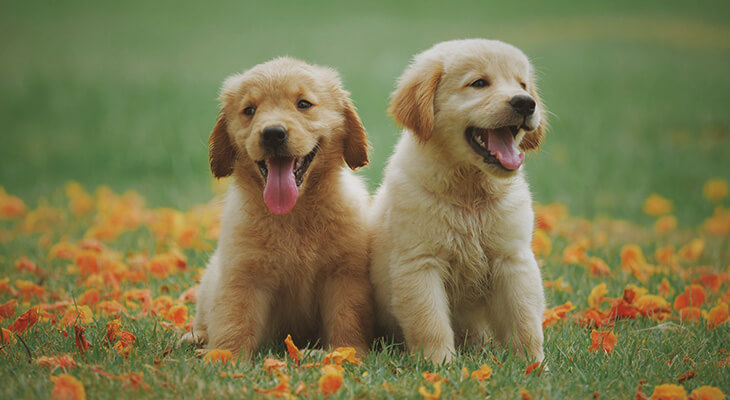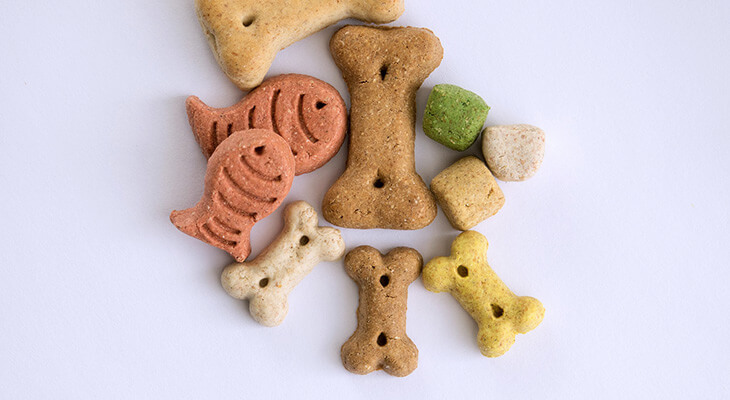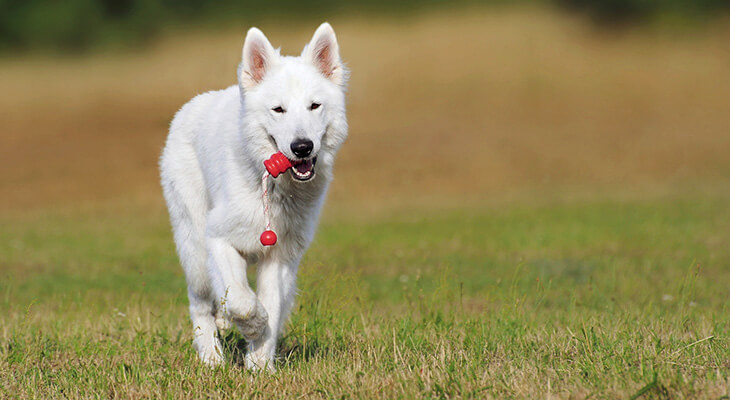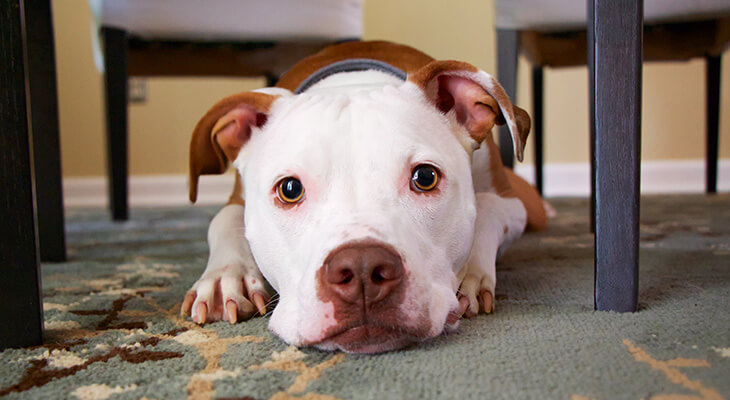The allure of teacup puppies is undeniable. These pint-sized pups seem to embody all the cuteness in the world, fitting into a teacup and melting hearts with their tiny paws and big eyes. But behind their adorable appearance lies a world of considerations and responsibilities that potential owners must be aware of before bringing one home. Teacup puppy ownership comes with its own set of challenges and ethical concerns, and understanding these is crucial to providing a happy and healthy life for these miniature companions.
Contents
Understanding Teacup Breeds:
Teacup puppies are not a distinct breed but rather a term used to describe exceptionally small dogs, often bred from smaller versions of already small breeds such as Chihuahuas, Yorkshire Terriers, Pomeranians, and Maltese. While their size may seem appealing, it’s important to recognize that achieving such miniature proportions often involves breeding practices that can compromise the health and well-being of the dogs.
Health Risks Associated with Teacup Breeds:
One of the primary concerns with teacup puppies is their susceptibility to a range of health issues due to their small size and delicate constitution. These issues can include hypoglycemia, dental problems, respiratory difficulties, bone fractures, and congenital defects. Teacup puppies may also have a shorter lifespan compared to their standard-sized counterparts. Prospective owners need to be prepared for potential medical expenses and the emotional toll of caring for a fragile pet.
Ethical Considerations:
The breeding of teacup puppies raises significant ethical concerns. To achieve such small sizes, breeders often resort to selective breeding of runts, inbreeding, and other questionable practices that prioritize size over the health and well-being of the dogs. This can perpetuate genetic disorders and contribute to the overpopulation of unhealthy animals. Responsible ownership involves supporting ethical breeding practices and adopting from reputable breeders or rescues that prioritize the health and welfare of the animals.
Special Care Requirements:
Teacup puppies require special care to ensure their health and safety. Their small size makes them more vulnerable to accidents and injuries, so owners must take extra precautions to create a safe environment. This includes avoiding rough play, providing suitable bedding and toys, and supervising interactions with larger pets to prevent unintentional harm. Additionally, teacup puppies may have unique dietary needs and require frequent small meals to maintain stable blood sugar levels.
Financial Considerations:
Owning a teacup puppy can be financially demanding. In addition to the initial purchase price, owners should budget for routine veterinary care, emergency medical expenses, high-quality food, grooming supplies, and other necessities. The cost of caring for a teacup puppy can quickly add up, and potential owners should be prepared for these ongoing expenses before making a commitment.
The Importance of Responsible Ownership:
Responsible ownership is essential when it comes to teacup puppies. This includes providing proper medical care, socialization, training, and attention to ensure the physical and emotional well-being of the dog. It also means being prepared to make difficult decisions in the best interest of the animal, even if it means relinquishing ownership to a more suitable environment. Teacup puppies are not just fashion accessories; they are living beings deserving of love, respect, and responsible care.
Conclusion:
Teacup puppy ownership can be a rewarding experience for those who are prepared to meet the unique challenges and responsibilities it entails. However, it’s crucial for prospective owners to educate themselves about the health risks, ethical considerations, and special care requirements associated with these miniature companions. By approaching teacup puppy ownership with awareness, compassion, and a commitment to responsible care, individuals can provide a loving and fulfilling life for their pint-sized pets while promoting the well-being of all dogs.




